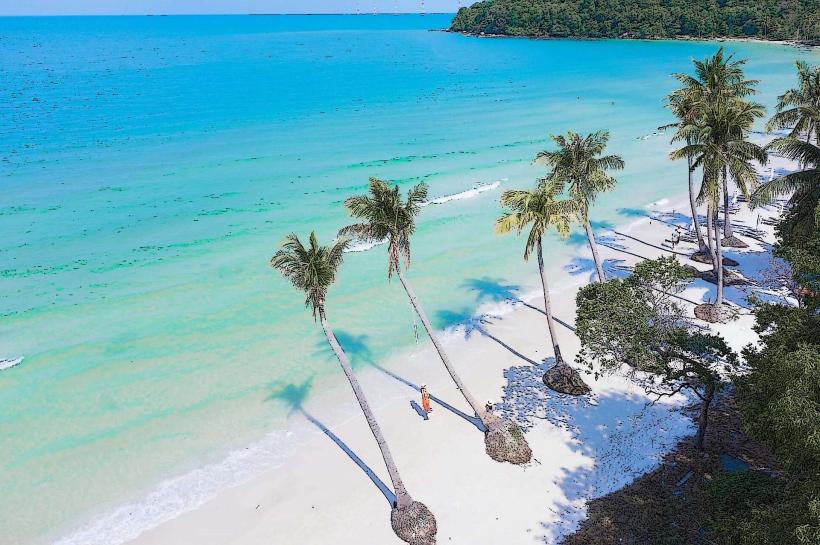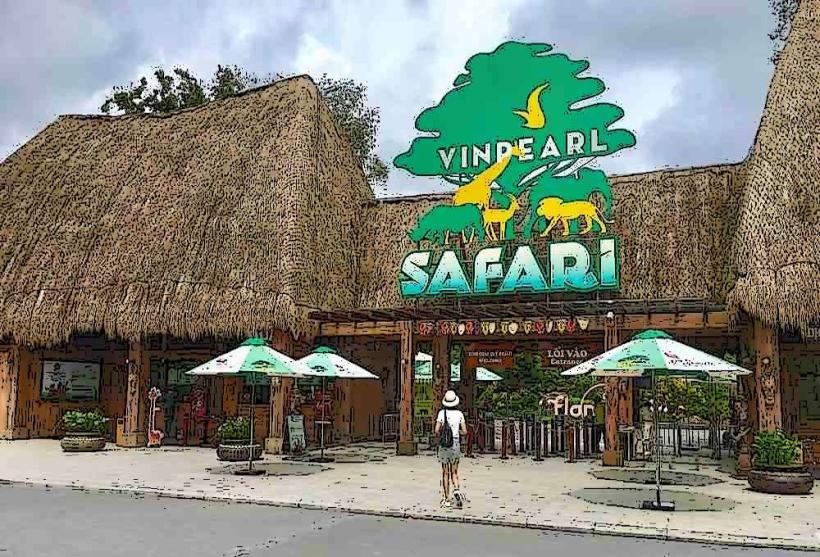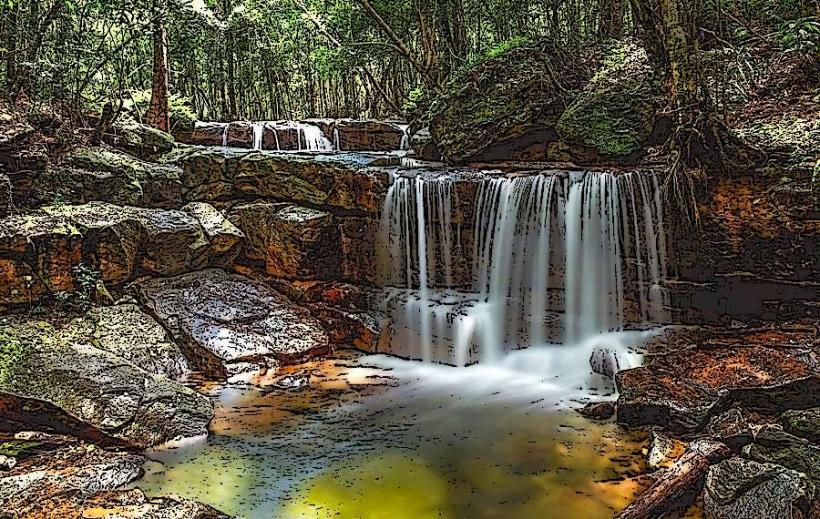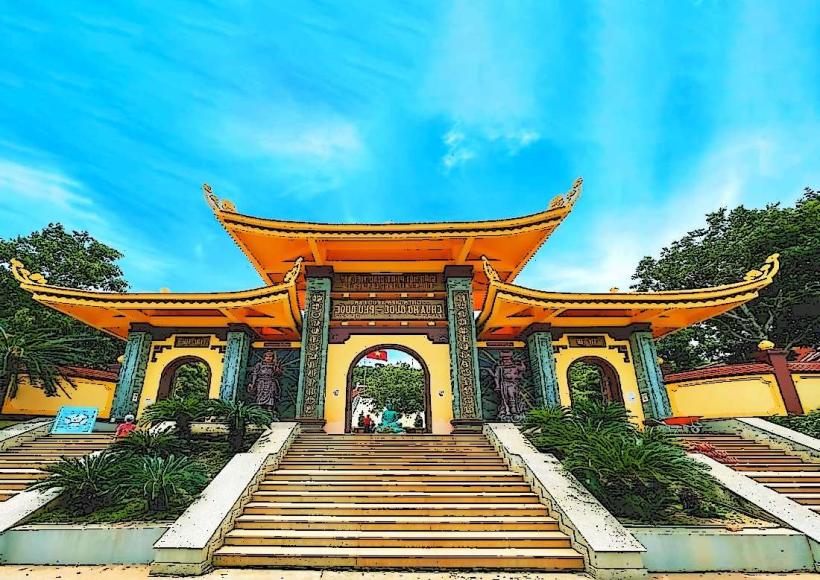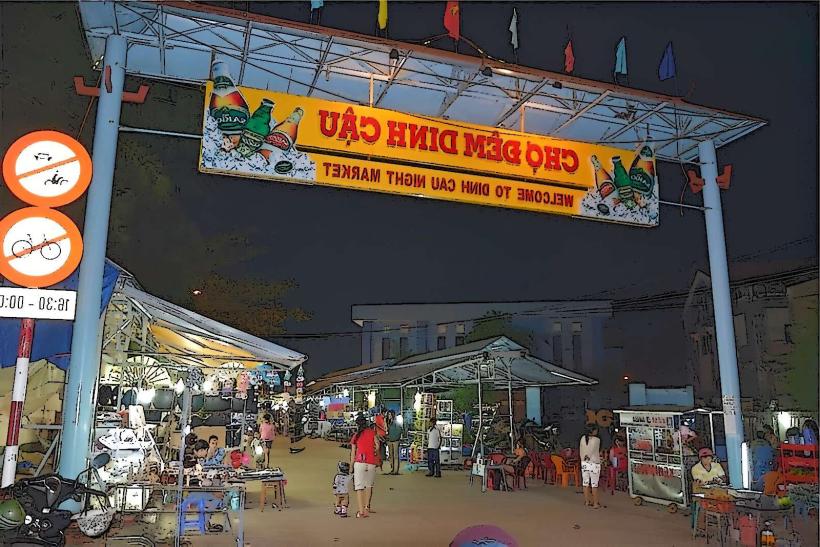Information
City: Phu QuocCountry: Vietnam
Continent: Asia
Phu Quoc, Vietnam, Asia
Phu Quoc is the largest island in Vietnam, located in the Gulf of Thailand off the coast of Cambodia. It is a designated "Special Economic Zone" and serves as the country’s premier tropical beach destination.
Historical Timeline
Historically disputed between the Khmer Empire and Vietnam, the island was known as Koh Tral to the Cambodians. It became a French protectorate in the 19th century. During the Vietnam War, it housed the "Coconut Tree Prison," the largest prisoner-of-war camp in South Vietnam. The primary event shaping the current urban form was the 2014 connection to the national electricity grid via undersea cable and the opening of the international airport, which triggered an unprecedented luxury resort construction boom.
Demographics & Population
The permanent population is approximately 180,000. The demographic is predominantly Kinh (Vietnamese), with a growing community of international expatriates and migrant workers from mainland Vietnam. The median age is approximately 29.8 years.
Urban Layout & Key Districts
The island is shaped like a teardrop. The 2 most important districts are Duong Dong (the administrative and commercial center, located on the West Coast) and An Thoi (the maritime hub and southern port, located at the Southern Tip).
Top City Landmarks
Sao Beach (Bãi Sao)
Phu Quoc Prison (Coconut Tree Prison)
Dinh Cau Rock (Lighthouse and temple)
Hon Thom Cable Car (World's longest over-sea cable car)
VinWonders & Safari (Northern mega-complex)
Transportation Network
Movement is facilitated by a central north-south spine road. There is no metro or rail system. Public "VinBus" electric shuttles connect major hubs for free or low cost. Grab is available in Duong Dong and southern resort areas. Renting 100-125cc scooters is the standard for tourists, though road police strictly check for international driving permits (IDP). Traffic density is low to moderate, except in Duong Dong during evening market hours.
Safety & "Red Zones"
The general safety level is very high. There are no designated "red zones." Risks are primarily limited to jellyfish stings during certain seasons (May–October) and rip currents on the West Coast during the monsoon. Common scams involve "fixed" prices for pearls or bird’s nest soup; purchase these only from reputable showrooms.
Digital & Financial Infrastructure
Internet speeds average 40–90 Mbps. Main carriers are Viettel and Vinaphone. Card acceptance is high in 4- and 5-star resorts and "Sunset Town," but cash (VND) is required for night markets and local "Quan" (eateries). ATMs are abundant in Duong Dong and An Thoi.
Climate & Air Quality
The island has a tropical monsoon climate. Dry Season: November–April (Peak); Rainy Season: May–October. Temperatures average 27°C–32°C. Air quality is exceptionally high. The primary weather risk is sudden tropical storms during the southwest monsoon.
Culture & Social Norms
Tipping is not mandatory but appreciated (approx. 50,000 VND for drivers/guides). Dress code is casual, but shirts must be worn when entering shops in Duong Dong, and modest attire is required for temples like Ho Quoc Pagoda. The island is world-famous for its Phu Quoc Fish Sauce and black pepper; the sauce is so potent it is often banned from domestic flights.
Accommodation Zones
Long Beach (Duong Dong): Stay here for the highest concentration of dining, nightlife, and mid-range hotels.
Khem Beach / An Thoi: Stay here for ultra-luxury international resorts (Marriott, New World).
Ganh Dau: Stay here for a secluded, family-oriented experience in the North.
Local Cost Index
1 Espresso: 40,000 VND ($1.60 USD)
1 Standard Lunch (Bún Quậy): 55,000 VND ($2.20 USD)
1 Motorbike Rental (per day): 150,000 VND ($6.10 USD)
Nearby Day Trips
An Thoi Archipelago: 15-minute boat ride to islands like Hon May Rut and Hon Mong Tay for snorkeling.
Phu Quoc National Park: Covers the northern 50% of the island; primarily accessible via trekking trails near Ganh Dau.
Ham Ninh Fishing Village: 15 km (20 minutes by car) for stilted seafood restaurants.
Facts & Legends
Phu Quoc is the only place in Vietnam where you can watch the sun set over the sea (on the West Coast). A local legend concerns the "Phu Quoc Ridgeback," a rare dog breed with a sword-shaped ridge of hair on its back, believed to be descended from wild dogs that assisted legendary King Gia Long. A verified historical oddity is that Phu Quoc produces over 12 million liters of fish sauce annually, protected by a European Union "Protected Designation of Origin" (PDO) status.

